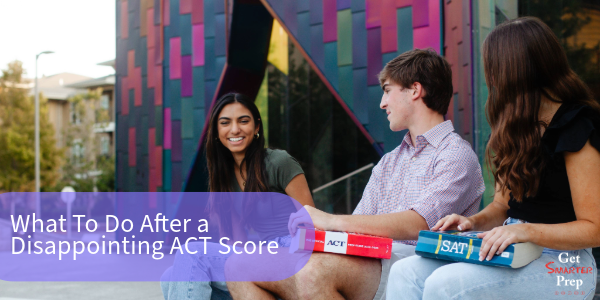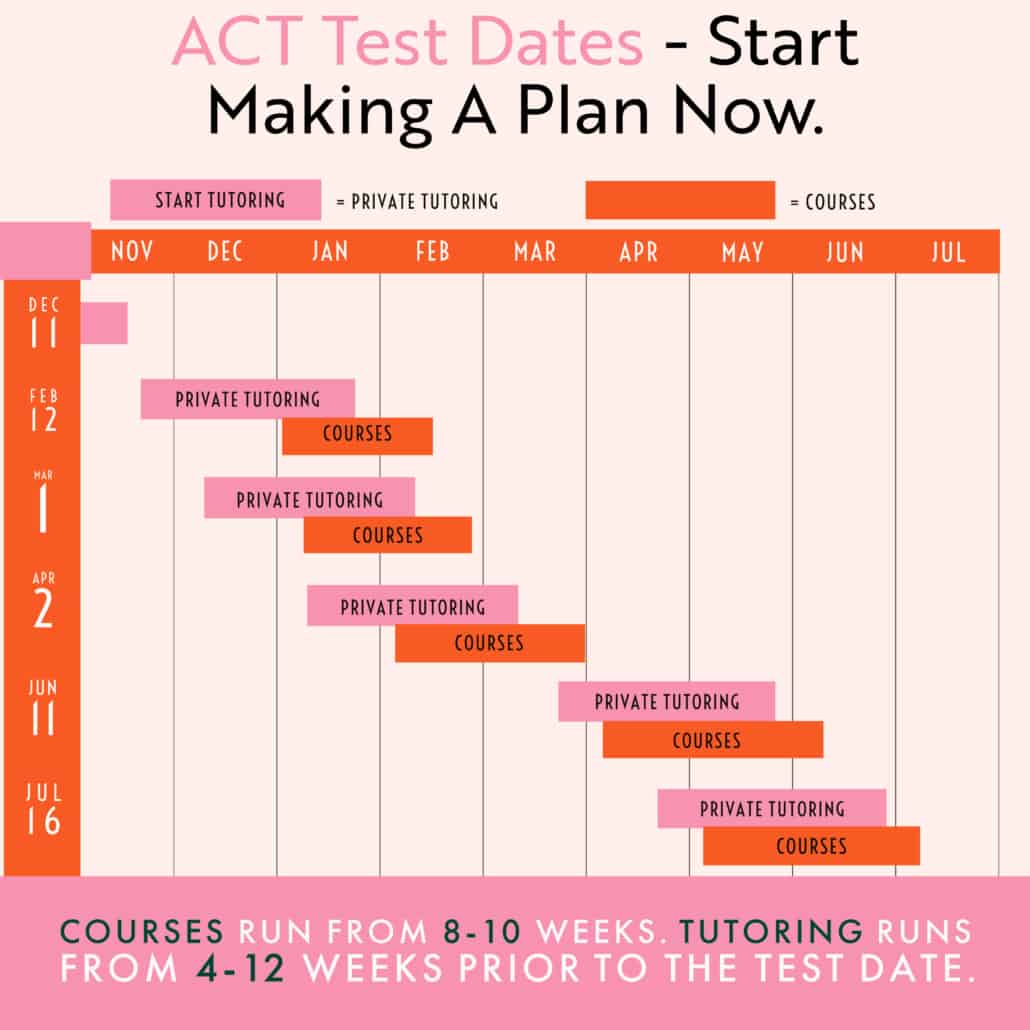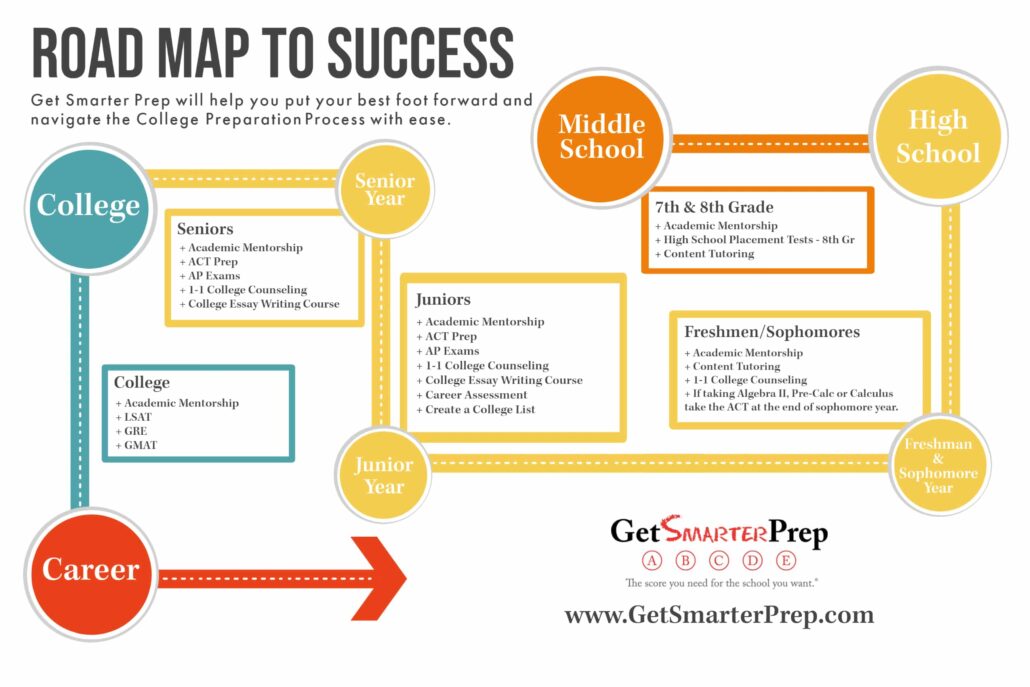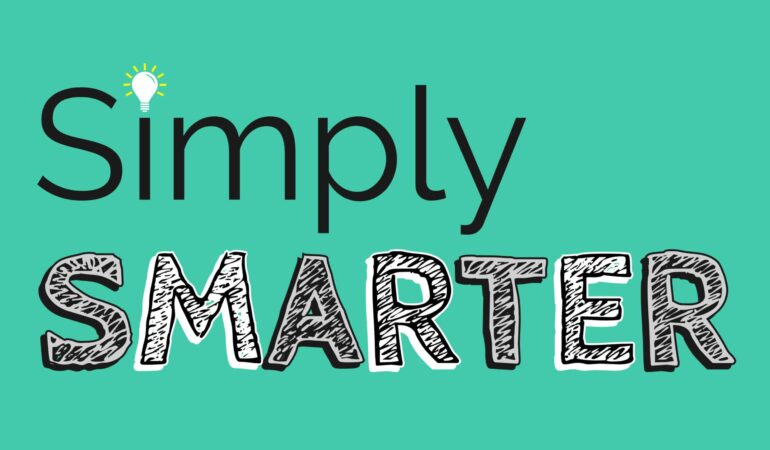What To Do After a Disappointing ACT Score
The sting of a disappointing ACT score can be overwhelming. Weeks of preparation culminate in a number that doesn’t reflect your efforts, leaving you feeling lost and unsure. But, take it from us, don’t let this setback doesn’t define your future. Here are some steps to navigate this situation and emerge stronger:
- Acknowledge and Process Your Emotions:
It’s natural to feel disappointment, frustration, or even anger. Don’t bottle up these emotions. Talk to a trusted friend, family member, or counselor. Allow yourself time to process and accept these feelings before moving forward.
- Analyze Your Score:
The ACT score report provides valuable insights into your strengths and weaknesses. Review each section carefully, identifying areas that require improvement. This analysis will be crucial for shaping your future study plan.
- Re-evaluate Your Goals:
Reflect on the reasons behind your initial ACT goal. Was it driven by college aspirations, scholarship opportunities, or external pressure? Reassessing your motivations can help determine if a retake is necessary or if alternative paths can achieve your desired outcomes.
- Consider Retaking the ACT:
If your goal is a higher score, consider retaking the test. However, approach this decision strategically.
- Identify the Next Test Date: Just like students lose knowledge over the summer (the summer slide) the same goes for the ACT. Typically, the very next ACT test date is best. Jump right back into it and prepare for the test so you won’t lose any knowledge you’ve already gained.
- Revamp Your Study Strategy: Analyze your learning style and identify areas where your current approach fell short. Explore different resources like online courses, or private tutoring tailored to your specific needs.
- Seek Expert Guidance: Our tutors can provide personalized support, diagnose learning gaps, and develop a customized study plan to address your weaknesses and maximize your score potential. They help you navigate the test and find new ways to better prepare while retaining what you’ve already learned.
- Explore Alternative Options:
Remember, the ACT is just one piece of the college application puzzle. Many colleges consider a holistic review, including your GPA, extracurricular activities, essays, and letters of recommendation. Explore these areas and showcase your strengths to create a compelling application.
- Maintain Perspective:
The ACT score is not a measure of your worth or intelligence. It’s simply a standardized test with inherent limitations. Don’t let it define your confidence or future aspirations.
- Remember, You’re Not Alone:
Many students face similar challenges. Seek support from peers, mentors, or online communities who can offer encouragement and share their own experiences.
- Focus on Growth and Improvement:
View this experience as an opportunity for personal growth. The journey of learning and self-improvement extends beyond a single test score. Embrace the challenge, refine your study skills, and strive for continuous progress.
By following these steps, you can navigate the disappointment of a low ACT score and emerge with a renewed sense of purpose and a clear path towards achieving your academic goals. Remember, resilience and determination are valuable assets that will serve you well throughout your academic and professional journey.










